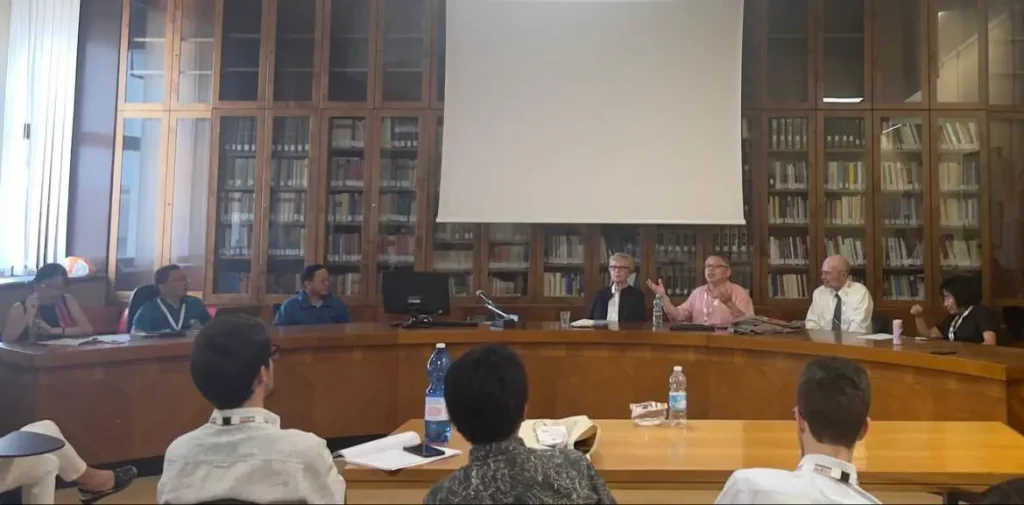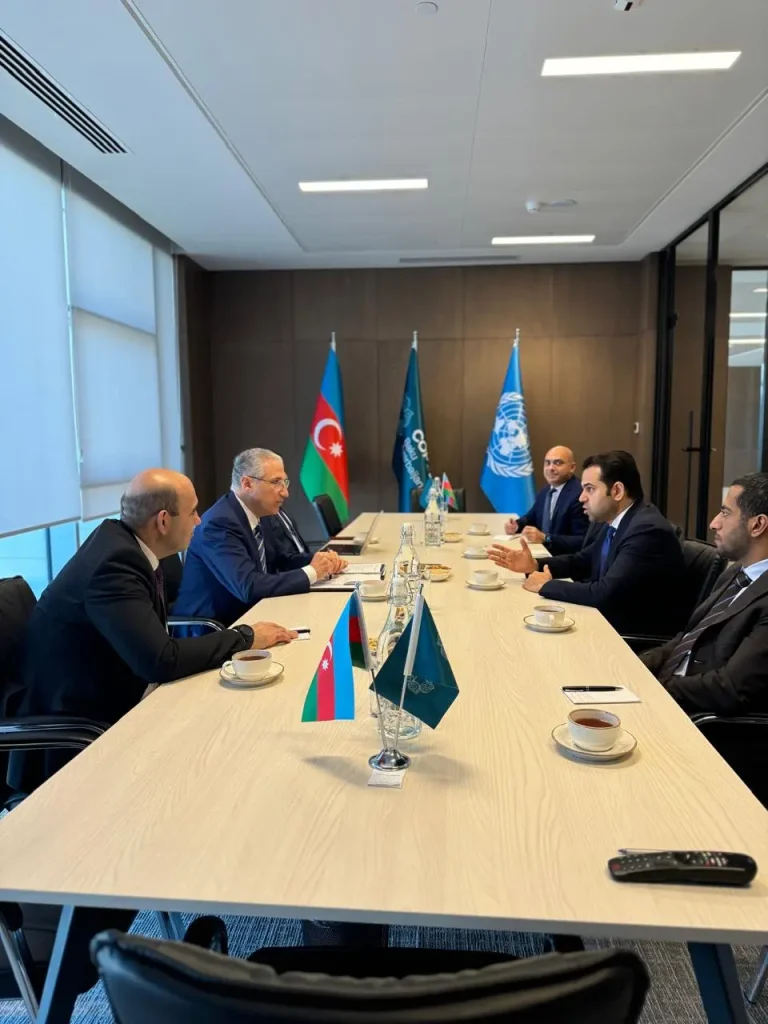Muslim Council of Elders Warns Against Rising Hate Speech and Racism Towards Muslims and Migrants in Several Parts of England and Northern Ireland, and Praises the British Government’s Stance
The Muslim Council of Elders, under the chairmanship of His Eminence Dr. Ahmed Al-Tayeb, the Grand Imam of Al-Azhar, strongly warns against the rising wave of hate speech, racism, and Islamophobia directed at Muslims and migrants in parts of England and Northern Ireland. This surge follows the spread of misinformation claiming that a Muslim migrant carried out an attack in Southport.
The Muslim Council of Elders emphasizes that these false allegations, propagated by certain far-right groups to incite fear and hostility against Muslims and migrants, increase tensions and deepen divisions within British society, thereby threatening societal peace and security. Such actions are contrary to the teachings of all religions and divine laws, which advocate for peace, amity, tolerance, and respect for others and their beliefs and sanctities and criminalize attacking others. The Council calls for all necessary legal measures to be taken to combat hate speech and incitement and to hold all perpetrators accountable.
The Muslim Council of Elders commends the British government’s stance in combating Islamophobia and protecting Muslim communities in Britain, particularly the statements made by UK’s Prime Minister Keir Starmer and Home Secretary, Ms. Yvette Cooper. The two officials have pledged to protect Muslims and mosques in the country, enforce deterrent measures against extremists, and reject all forms of extremism, racism, and hatred while preserving the social fabric of British society. The Council also expressed its appreciation for the stance of the Archbishop of Canterbury, Dr. Justin Welby, who condemned the acts of violence that occurred in parts of the United Kingdom, including attacks on mosques, assaults on police officers, and the looting and burning of shops by the far-right.










